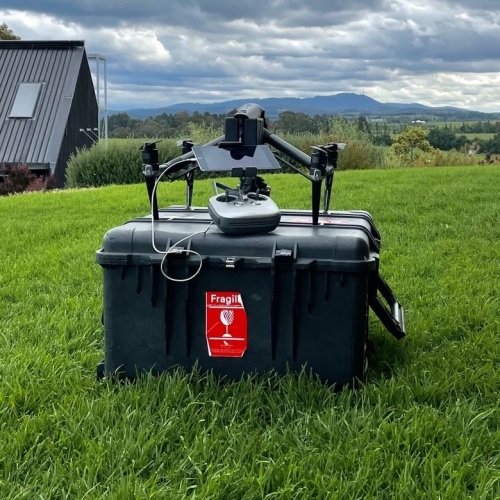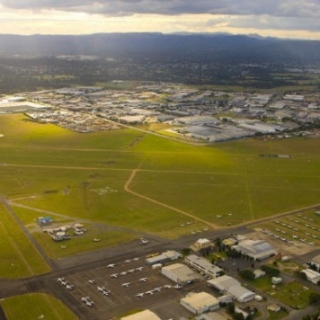
To support the fast-emerging unmanned aerial vehicle (UAV) sector, Charles Darwin University (CDU) has launched the Airspace Integration Research Facility (AIR-F) at its Katherine Rural Campus, via its North Australia Centre for Autonomous Systems (NACAS).
The AIR-F facility provides access to over 10,000 hectares of sparsely populated land with low ground infrastructure and minimal air traffic, making it ideal for large-scale UAV trials. Its airspace has been approved by the Civil Aviation Safety Authority (CASA) for Beyond Visual Line of Sight (BVLOS) operations - a crucial capability for many advanced drone applications.
The site is well equipped, including on-site accommodation for up to 80 people, an operations room, maintenance workshops, an elevated remote command station, radio and ADS-B reception infrastructure and high-speed connectivity. The facility supports multi-drone and autonomous operations, flight test & validation, research, pilot training, and partnerships for industry and international use.
One of the biggest advantages of the site's location is climate. May to October brings stable weather with low rainfall and predictable winds, facilitating reliable UAV testing. From November to April, more extreme conditions (high rainfall, humidity, and lower air density) allow for stress-testing in challenging environments.
UAV flights in Australia are projected to surge from around 1.5 million to 60.4 million annually by 2043, making dedicated facilities like AIR-F essential for scaling testing, validating, and integration.
At Aviation Projects, we provide trusted advice about airspace safeguarding, airport planning, development and operations, and airspace and instrument flight procedure design. Contact us today.
Tags: UAV, Unmanned Aerial Vehicle, Airspace Safeguarding, Aviation Projects, Innovation
